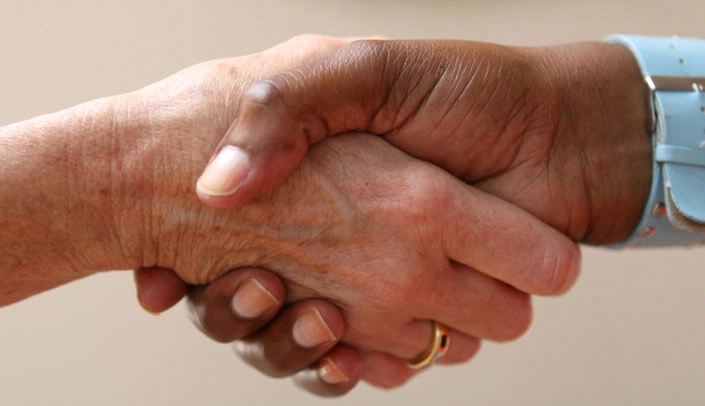Unsure how to pronounce a colleague’s name? Stop and ask.
It’s a simple, yet critical sign of respect that promotes belonging within a community.
That was the message shared during Thursday’s "Conversations for Inclusive Excellence," which connects cultural humility concepts to UNMC’s ITEACH values of innovation, teamwork, excellence, accountability, courage and healing.
UNMC teams are stronger and more inclusive when we take time to know our colleagues, including how they want to be addressed and identified, said Sheritta Strong, MD, assistant vice chancellor of inclusion. "The act of mispronouncing someone’s name can be seen as bullying or harassment," she said, especially if no attempts are made to pronounce it correctly. "Take the extra step to get to know your colleagues and their proper pronunciation."
During the session, attendees discussed three types of microaggressions:
- Microassault – verbal attack, name calling, avoidant behavior or purposeful discriminatory actions
- Microinsult – an unconscious insult demeaning a marginalized person’s heritage or identity
- Microinvalidation – communications that exclude, negate or nullify a marginalized person’s thoughts, feelings or experience
Read how to take ACTION against microaggressions.
Attendees also heard from E’Ula Kenye Green of Sierra Leone, who shared personal stories of how to "empower people to empower others."
Watch Green’s TEDxOU talk titled "How to go beyond diversity and inclusion to community and belonging."
"Something we can all do is learn people’s names," Green said. "Learn how to pronounce them correctly and learn what they want to be called. It’s OK to ask," she said. "Some of us have uncommon names and, if we do, we are fully aware we have an uncommon name. We don’t expect you to get it correct the first — or even second — time."
Asking for the proper pronunciation is a sign of respect, she said. "That question can build a bond, which brings community and belonging. It’s not just about diversity and inclusion but more about community and belonging."
